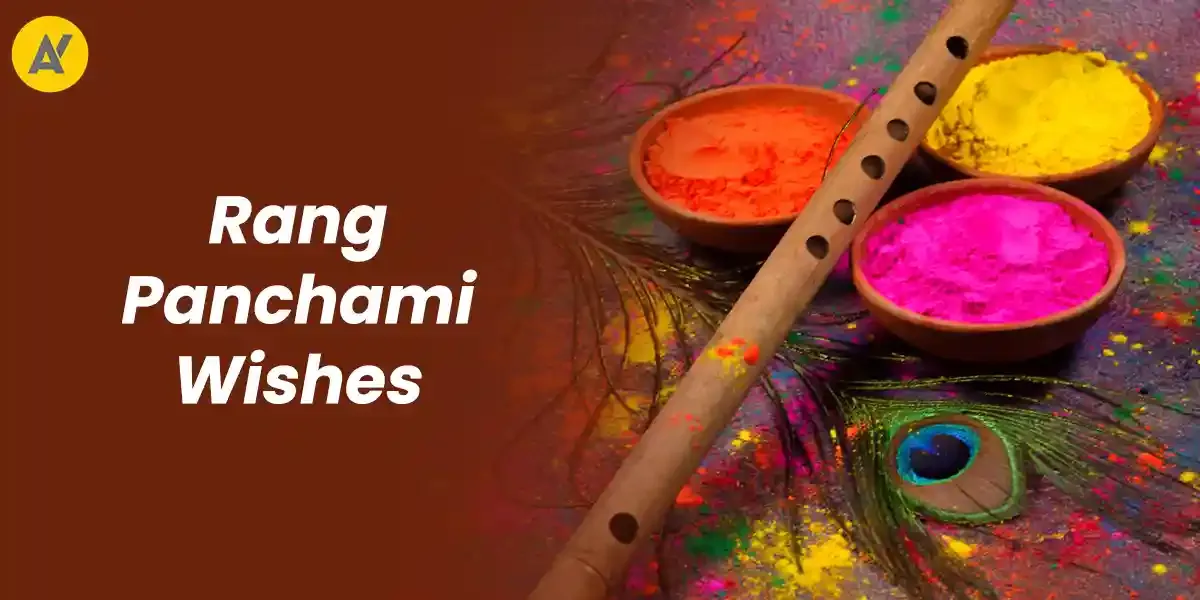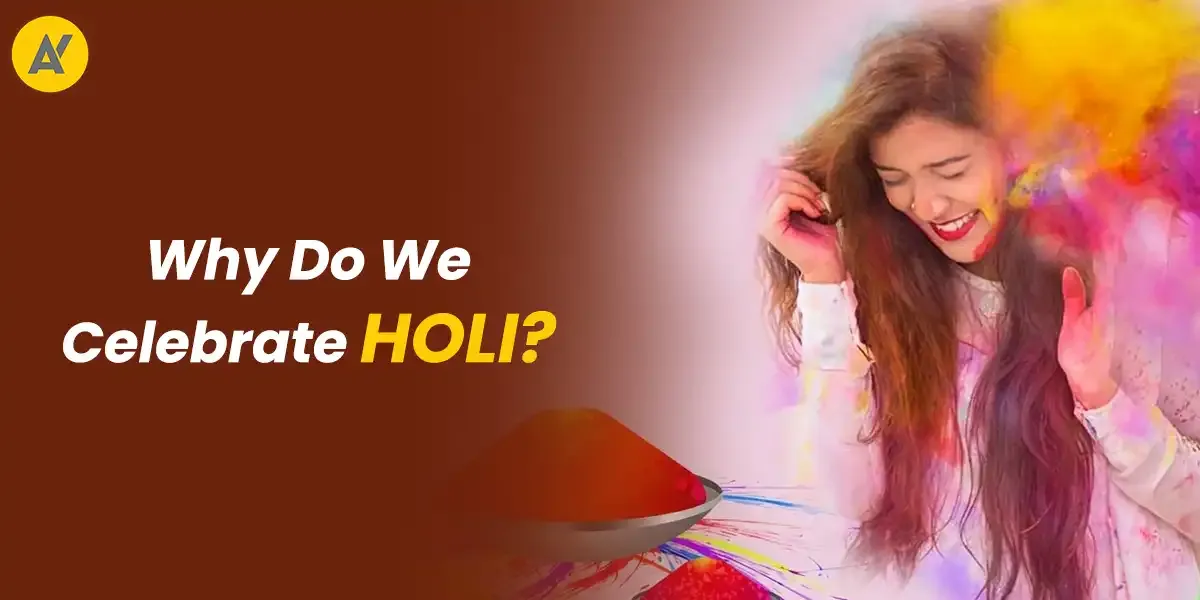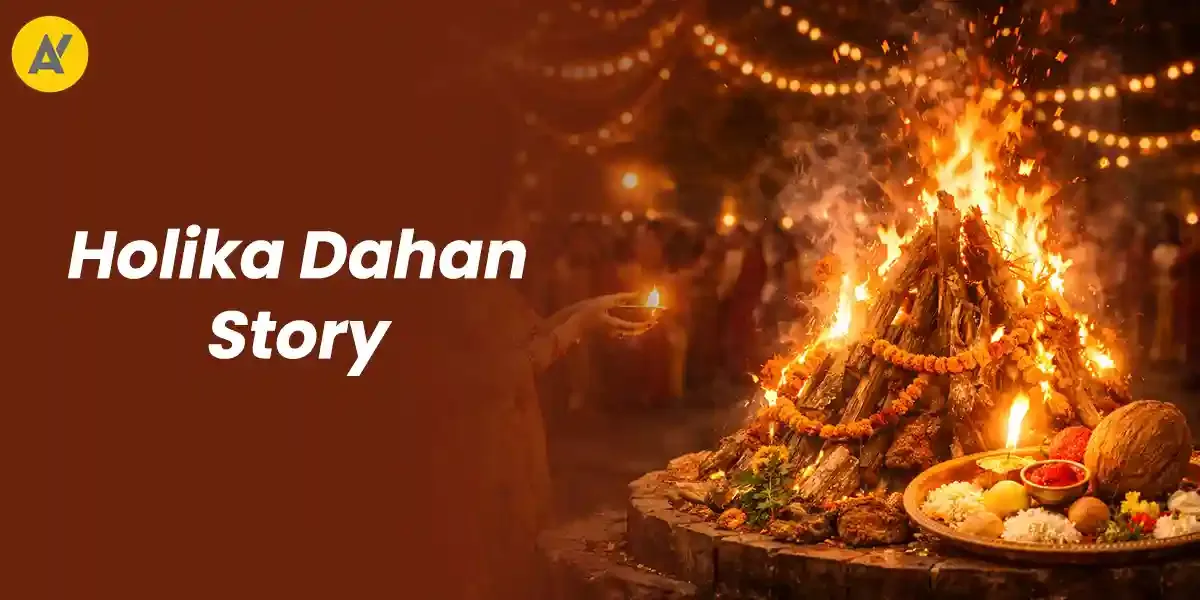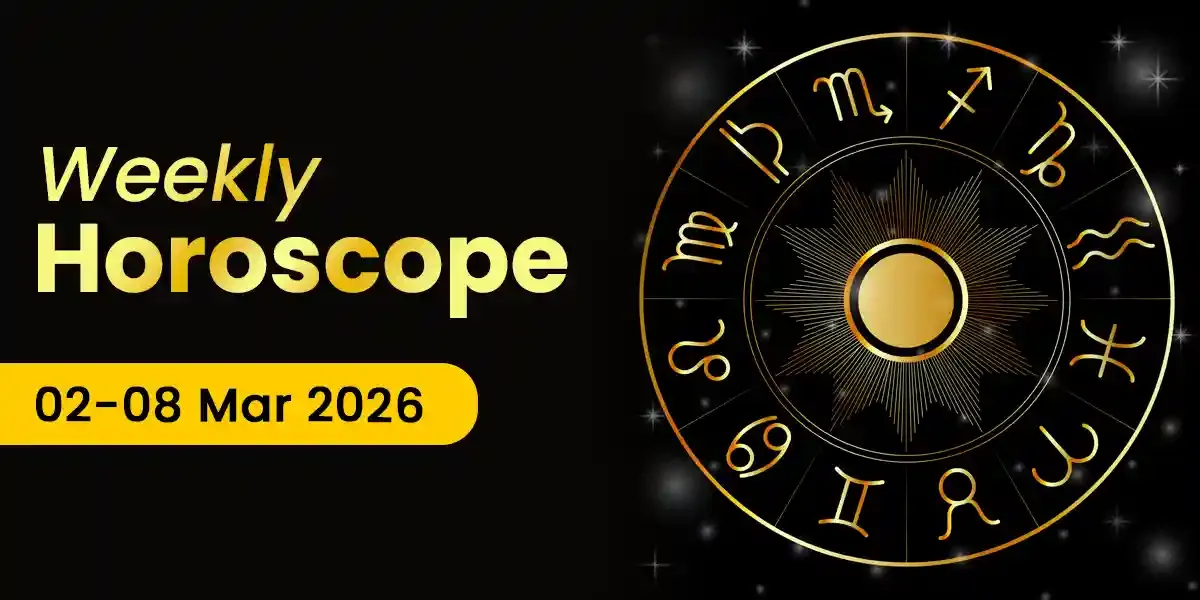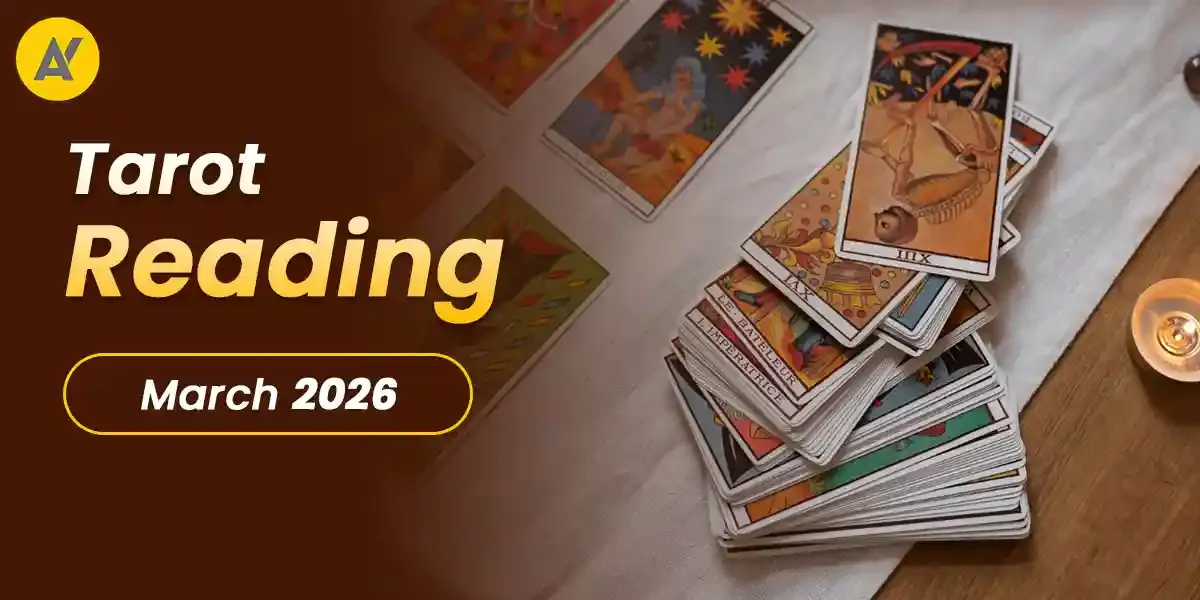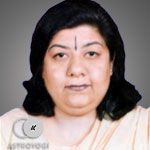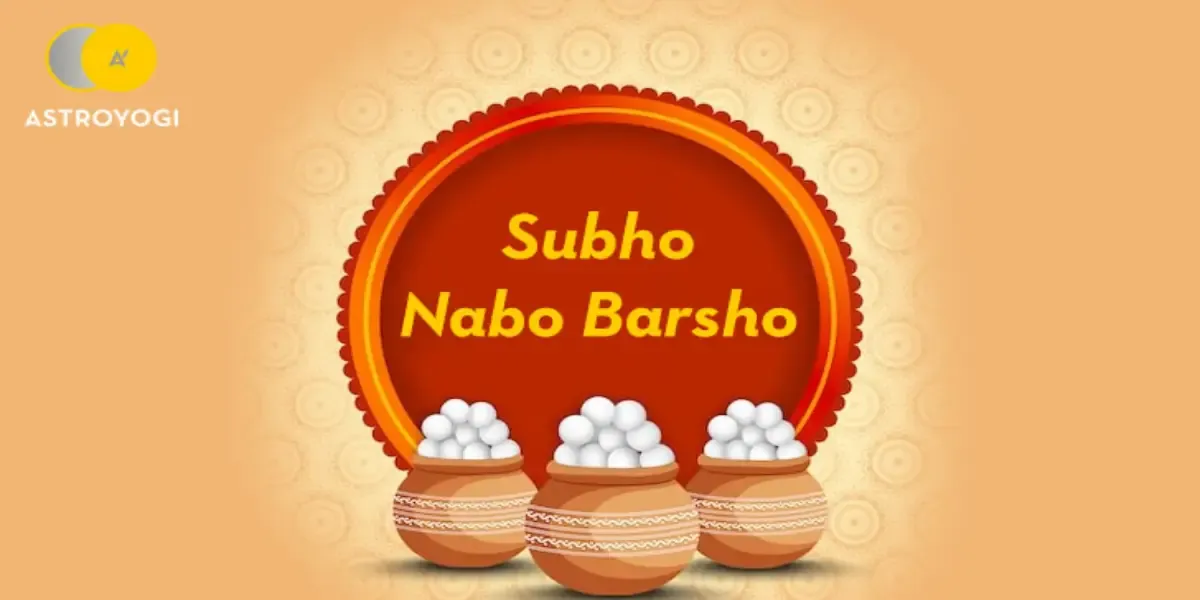
Bengali New Year, or Pohela Boishakh, as traditionally called by the Bengali community members, is the first day of the Bengali Calendar. Scroll down to learn all about this special occasion!
In the Indian states, the Bengali New Year, or Pohela Boishakh, is usually celebrated on the 14th or 15th of April. This festival is widely celebrated in the states like West Bengal, Tripura, parts of Assam, and other parts of the country by people of Bengali heritage, irrespective of their religious faith. In Bangladesh, the festival is observed as a public holiday, a means for people to express their cultural pride and heritage when they resisted Pakistani rule in the 1950s and 1960s.
Bengali New Year 2024
The festival date of Bangla Noboborsho is set according to the Lunisolar Bengali calendar as the first day in the first month of Baishakh. This is why the festival mostly falls on the 14th of April every year, according to the Gregorian calendar. However, Bengali New Year 2024 will be celebrated on 15th April 2024 (Monday).
Upcoming Bengali New Year Dates
2024: 14th April, Sunday
2025: 15th April, Tuesday
2026: 15th April, Wednesday
Historians believe that the Bengali Calendar can be dated back to the Mughal emperor Akbar, who modified the calendar set by King Shashanka in the 7th century. The purpose of this calendar was to help regulate yearly tax collection by the Kingsmen.
As history goes, during the Mughal rule, land taxes were collected from the people by following the Islamic Hijri calendar. However, since this calendar was based on the Moon's movement and the New Year did not coincide with the solar agricultural cycles, King Akbar asked his royal astronomer Fathullah Shirazi to create a brand new calendar. A new calendar was then created by combining the Lunar Islamic calendar and the Solar Hindu calendar, which then came to be known as Fasholi Shan (the harvest calendar).
Celebrations on This Occasion
On this day, traditions are followed. Business starts for the day by entering accounts in a new ledger, clearing out the old one, and balancing accounts to repay any loans/debts. This custom has been followed since Mughal emperor Akbar's reign. Under his rule, it was customary to clear up all dues on the last day of Choitro, before the New Year's Day. Traders and businessmen would conclude their old account books in villages, towns, and cities and prepare new ones. They would invite their customers to share sweets as a way to renew their business with them. Jewelers still practice this tradition_._
The festivities of the occasion include people singing and participating in parades and fairs. Singers perform traditional songs, welcoming the New Year. This occasion means dressing up and wearing new clothes. Some women put flowers of white and red color combination in their hair. Women dress in white saris with red borders, while men tend to wear dhoti and kurta.
A common celebration among the Bengali community members in India and across the border in Bangladesh is celebrating the festival with Tagore's musical invocation, i.e., Rabindra Sangeet, "Esho Hey Baisakh Esho Esho" (Come Baisakh, Come O Come!). In Kolkata, the state's film town, Tollygunge, celebrates the New Year by screening Bengali movies. This is a traditional part of Pohela Boishakh in Tollywood (Bengal's center of filmmaking).
Bengalis prepare and enjoy varieties of traditional foods as part of the celebrations. Some of these delicacies include Panta Bhat (watered rice), Ilish Bhaaja (fried Hilsa fish), and lots of special Bhartas.
In Kolkata, the festival, and often even the entire month of Boishakh, is considered an auspicious time for marriage. Prayers are offered to Goddess Kali for the well-being and prosperity of the family. The festival is also considered to be auspicious for those interested in starting a new business or a new venture.
Our in-house team of writers comprises of vibrant, like-minded, and curious souls who are passionate about helping people find joy and motivation through the magic of words. Our writers are keen on using their skills to make the study of divination sciences a guiding tool in people's lives. They hold expertise in writing on a myriad of topics related to Indian Astrology, Spirituality, Planetary Movements, Vastu Shastra, Numerology, and Tarot among several others. The Astroyogi team aims to write articles that can help the readers lead a life of peace and tranquility whilst enjoying the many ups and downs of life!

























